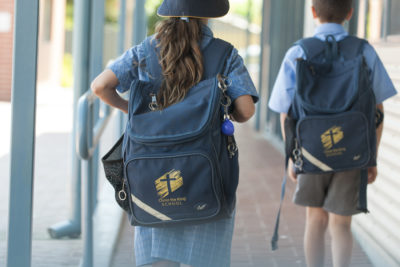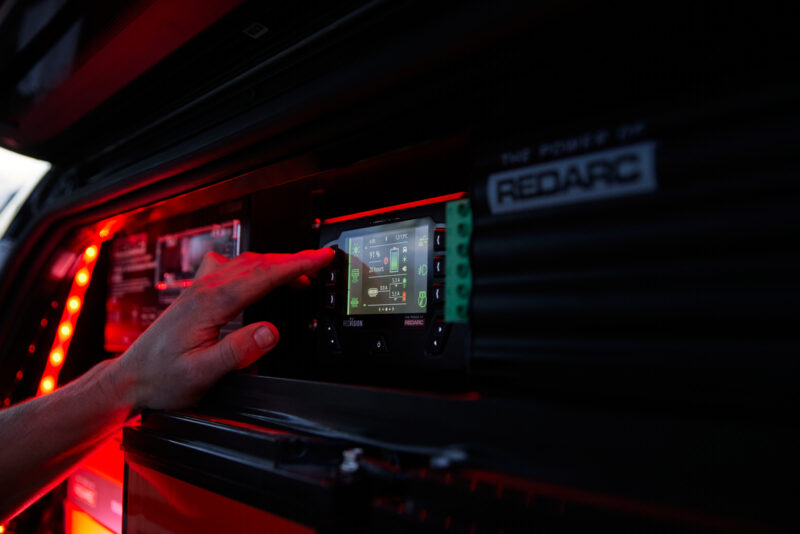Catholic Education South Australia (CESA) educates more than 50,000 students across 103 Catholic schools in the state.
Uby Faddoul, Strategy Coordinator, CESA says that the main drive for the organisation to undertake market research was to get a deeper understanding of how they are viewed by families.
“The main reason we undertook research through Square Holes was to try and identify how the marketplace views Catholic Education. Mainly, what they understand about Catholic Education, how they see, or don’t see the brand. This then helps us to understand what we may need to do to either leverage or change those perceptions and strategic areas for us to focus on,” says Faddoul.
“I suppose that’s the aim behind most market research really, for us is to try and understand how the market sees us.”
In a highly competitive sector that sees State, Catholic and Independent schools all seeking to gain new enrolments, Faddoul says that market research has helped CESA in defining those key points of difference.

“There are three different sectors all competing in the same marketplace. Therefore, we need to develop and maintain a competitive edge, and at the core of that is understanding what our clear points of difference are and what is important to our children and families, says Faddoul.
“So, in turn parents will turn around and say, ‘I really want that for my child’.”
In 2018, CESA turned their attention to early departures from the schools under their banner, with a mind to gain comprehensive insights into why families were making the shift, as well as understanding those important factors that parents look to when selecting a school.
“The independent parent survey, which was established with Square Holes, was aimed at ensuring every parent of every child that left every school was given an opportunity to undertake a survey and voice either their satisfaction or their dissatisfaction in regards to reasons for departure,” says Faddoul.
“However, we also wanted to find out what was attracting parents to Catholic schools. We wanted to know, ‘Why did you choose this school and what are your expectations? Also how important are those things? How do you rank them, and were your expectations and the expectations for your child met?’”
“Square Holes helped us craft our surveys in a way that would maximise feedback and their data analysis has been really helpful.”
Faddoul explains that the data gleaned from the on-going tracking helps the organisation to continue implementing a holistic strategy for the Catholic school system as a whole.
“It provides us with information which can then assist to drive decision making strategically as a system of schools. If we hear messages consistently, then we are able to put in place measures, controls, policies, and practices that ensure those things are attended to as a system. It’s a smarter way for us to operate than operating in a silo of one school’s challenges, issues or wins at a time. We try and get a look at the broad sector, and this data provides us with the right information to help our decision making,” says Faddoul.
“And that could be anything and everything from teaching quality, to the rite of passage for a student graduating in Year 6, to facilities, play space and ovals, through to affordability.”

Jason Dunstone, Founder and Managing Director of Square Holes says, “On-going tracking like the work we are undertaking with CESA on early school leavers can provide profound insights that help an organisation to understand the issues and strengths at the heart of their service. This sort of investment into your organisation or brand can help to map your way into the future with confidence and assertiveness.”
In the immediate, Faddoul says that the study has helped to clarify those meaningful factors that families look for when deciding on which learning institutions their family will be committing to.
“What has been one of the stand out points in the data is that the reputation of the school is what draws and attracts the parent decision in choosing the school. It is when the expectations of that reputation are not met, that early departures from the school community occur,” says Faddoul.



